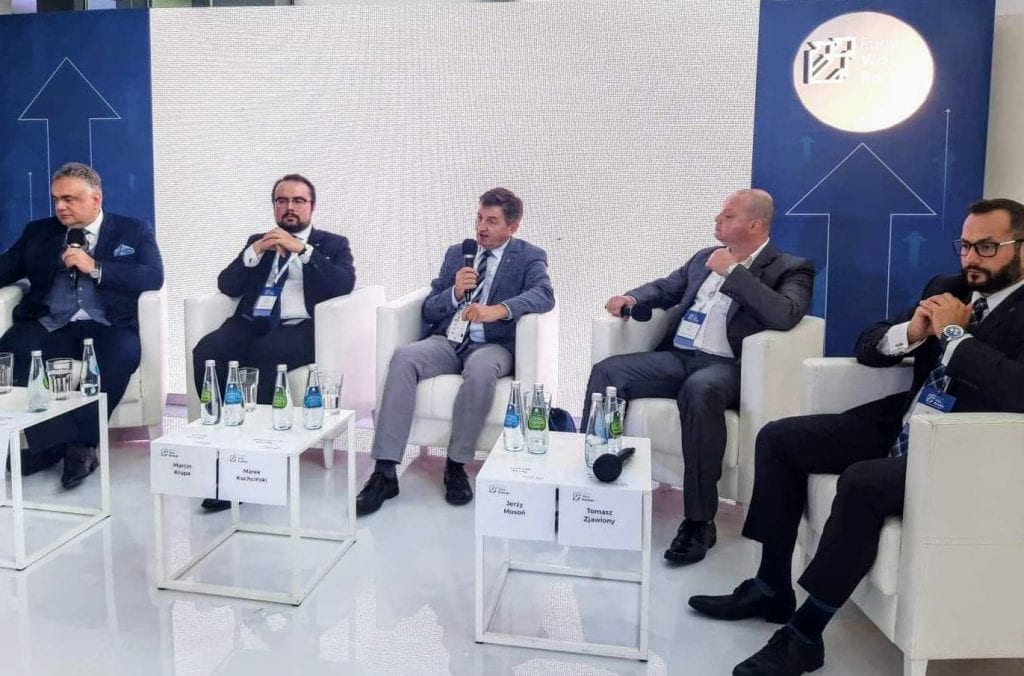Poland and Hungary share a special civilisation tradition that dates back to the Middle Ages. Suffice it to say that in 1920. In 1920, Hungary was the only country to offer support to the newly formed Polish state during the Polish-Bolshevik war. Today, the relations between the Polish and Hungarian nations are very positive and often have an emotional dimension. This has resulted in socio-economic cooperation between the two countries in the fields of defence and security, logistics, infrastructure, culture, science and agriculture. An important platform for cooperation are the institutions existing since 2018: the Wacław Felczak Institute in Poland and the Wacław Felczak Foundation (Wacław Felczak Alapitvány) in Hungary. They were established by the Polish and Hungarian governments to nurture the tradition of Polish-Hungarian cooperation. As Prof. Wacław Felczak used to say: "(...) there are few nations which, like the Polish and Hungarian nations, would not create a vision of their future based on a strong sense of historical consciousness and national identity". The special Polish-Hungarian ties are the basis for the implementation of international initiatives of a strategic nature.
The topic of the discussion, in which Marek Kuchciński took part, was the economic cooperation between Poland and Hungary.
- Since time immemorial there have been examples in every generation of the extraordinary Polish-Hungarian friendship. In recent years it has been strengthened by political decisions to support each other in the European Union. For economic cooperation and development policy to take place, we must look at Central Europe as a whole, not even just at V4. There are other countries between Hungary and us. If there is to be economic cooperation, there must be very good communication and thus infrastructure in its broadest sense. It has just started or is being implemented. It is not only about roads, such as Via Carpatia, but also big and fast railroads, this great plan of fast railroads connecting our capitals. It is also the Internet, digitalization and energy security - said Marek Kuchciński, chairman of the Polish-Hungarian parliamentary group.
- The second condition is language. We have huge problems finding several dozen good translators who speak Hungarian and who would engage in political processes and actions. Those who learn Hungarian immediately go to the economy, to business, because there they are paid more than politicians - said Kuchciński.
The discussion during the panel "Possibilities of implementing international projects on the example of Polish-Hungarian cooperation" at the Development Vision Forum in Gdynia was also attended by: Deputy Minister of Foreign Affairs Paweł Jabłoński, expert of the Forum for Security Development-Energy Initiatives Jerzy Mosoń and president of the Regional Chamber of Commerce in Katowice Tomasz Zjawiony.
The conversation was moderated by Tomasz Sakiewicz, editor-in-chief of "Gazeta Polska" and "Gazeta Polska Codziennie".
source: Development Vision Forum



